Chuck sez: "Never let a covert operation get in the way of a bad pun."
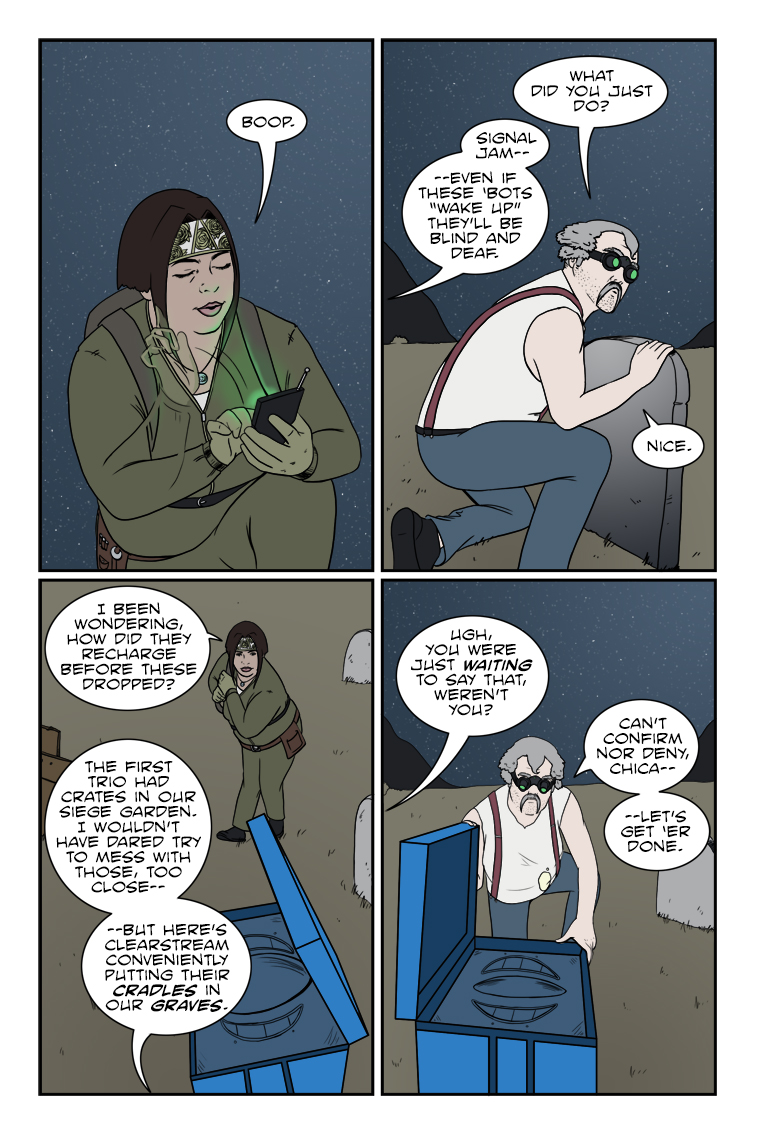
Latest Comics
Writing is rewriting
This week’s comic page is very important to me. It represents not only the endpoint of Episode 7, but the end of our whole first trade collection (assuming, of course, we manage to put one together). It’s the close of the overall arc we started in 2009, as well as bridging into ominous hints of where we’re headed in the future.
And it was, to put it candidly, quite the bitch to write.
It’s one thing to have an outline, or a scene envisioned in broad strokes, or even a vivid image in your head that you’re going to do your best to try to communicate to your wife and artist. I’ve had all those for quite some time. It’s an entirely different thing to actually sit yourself down and get the pacing and dialogue into a form that will hopefully (with the aid of the aforementioned artist) convey all the important things the reader needs to know, without smothering the imagery, much less any potential emotional impact, under humongous mounds of text.
“Writing is rewriting”. You may have heard this maxim, and you may wonder if it’s more of a guideline for writers just like “Show, don’t tell”. Well, I won’t claim I go over every one of these blogs with a fine-toothed editorial comb, but I do tend to read them over both in the process of writing them as well as a time or two after I’m finished, if nothing else in the hopes of catching any stupid typos.
Writing without any sort of rewriting arguably isn’t writing at all, it’s typing. Rarely if ever do we know exactly what we’re trying to say and how to say it the first time, and even prose writers are under an obligation to “trim the fat” and pare down their early drafts into something that turns more-or-less random ramblings into dramatic coherency. Then you have comics, where even my final draft may not end up being my final draft once I get the finished art and suddenly realize what I’ve written won’t fit into the panels.
This may very well happen. I write this prior to the final steps, although I’ve given Dawn a draft to work from so she can have the art ready. That particular draft already went through several rewrites, especially when the first time she read it she told me she thought the exec was getting chewed out by ClearStream (maybe because the ratings were good but could still be better) rather than this being an entirely new revelation. If even my closest partner, the one who knows about my planned plot twists gets confused, well… time for rewrites. One of the new versions was much clearer to her, and so that got the greenlight for her to start with the drawings and the colorings and such.
Meanwhile, there was still room for me to refine and economize the actual dialogue (or in this case, I suppose, monologue). The more I could whittle it down, the less chance there would be for the dread situation I mention above where even more rewrites would have to occur at the last minute due to space constraints. Sometimes in the past we got away with it here and there by changing the font size, but these days messing with the font size for any reason other than an intentional story purpose always feels like a cheat to me. I also try my darndest to fit all the panel directions and words on a single page of script, a practice only two people might ever see, but it serves as an important gauge of how much I’m asking the story to do at once. If it’s too much that’s occasionally a sign to decompress and break the page in twain, but here, with this page, we were at the end. Nowhere to go. And I planned it all out this way, so it’s on me if I can’t deliver.
Anyhow, I’ve honestly lost count of how many times I’ve rewritten the contents of less than a dozen word bubbles. My brain feels like one great, fuzzy rewrite. And yet, I think I’m finally happy with the words and can give this arc the send-off I wanted, bringing closure to some matters just before hitting the readership with an entirely new set of speculation fodder. Not exactly a cliff hanger, but something to chew over during the intermission, or (again, if things go well) when you reach the end of a nice thick print collection.
We shall see. Writing might be rewriting, but there comes a time where you just have to post it up and hope, like my shadowy and wordy executive, that everything will work out nicely.








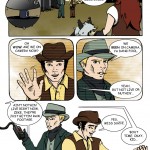
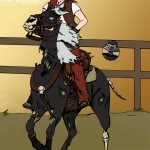
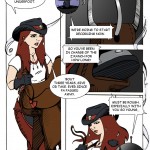
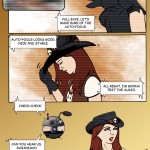
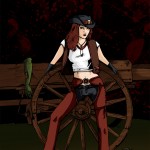
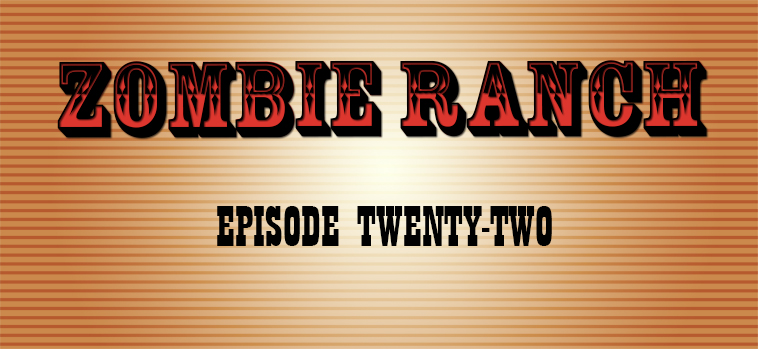
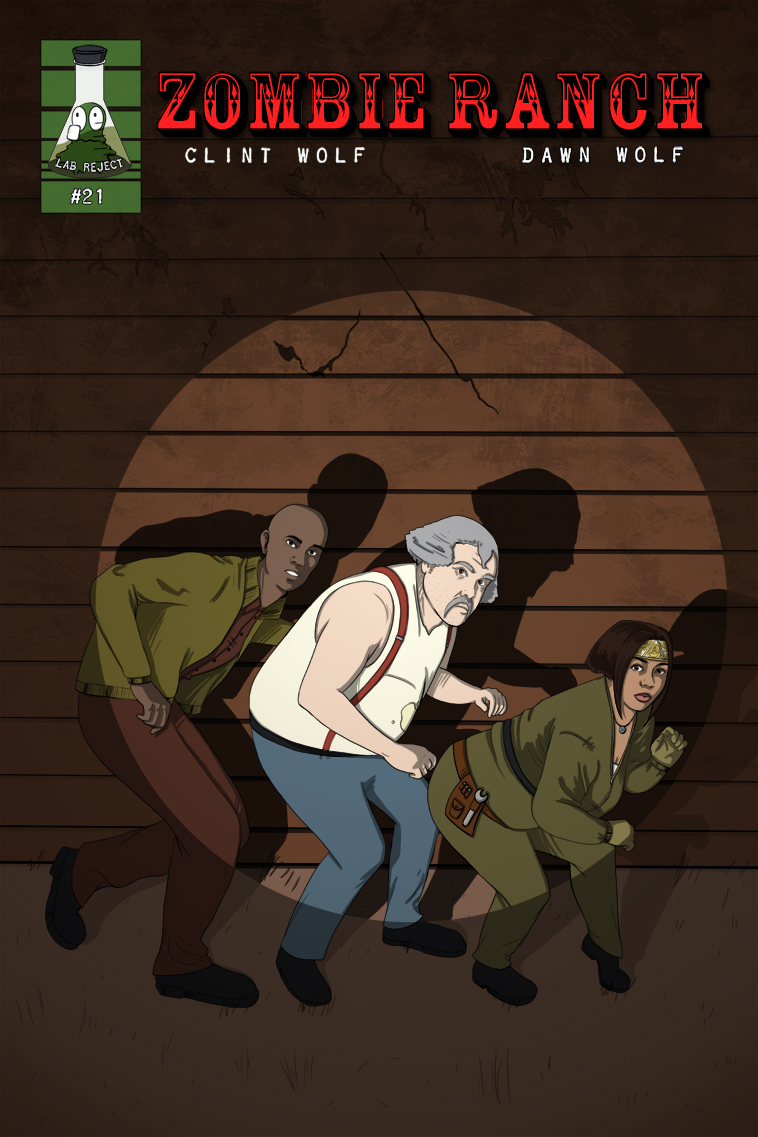
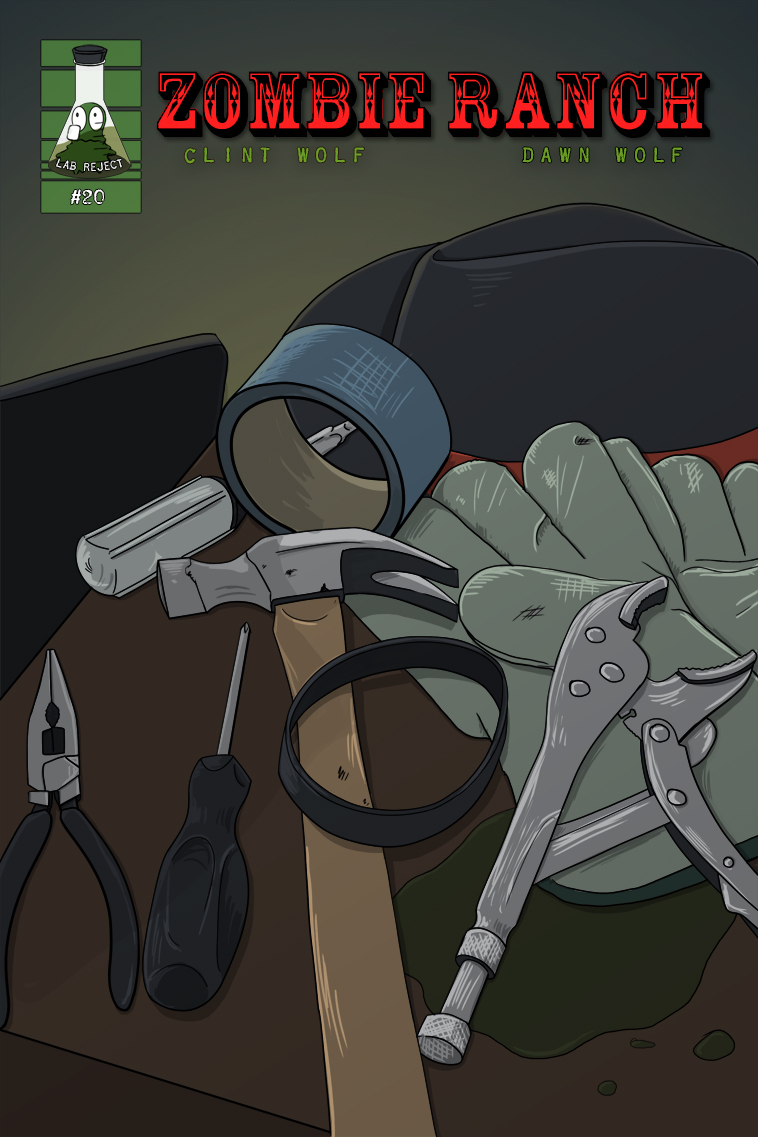
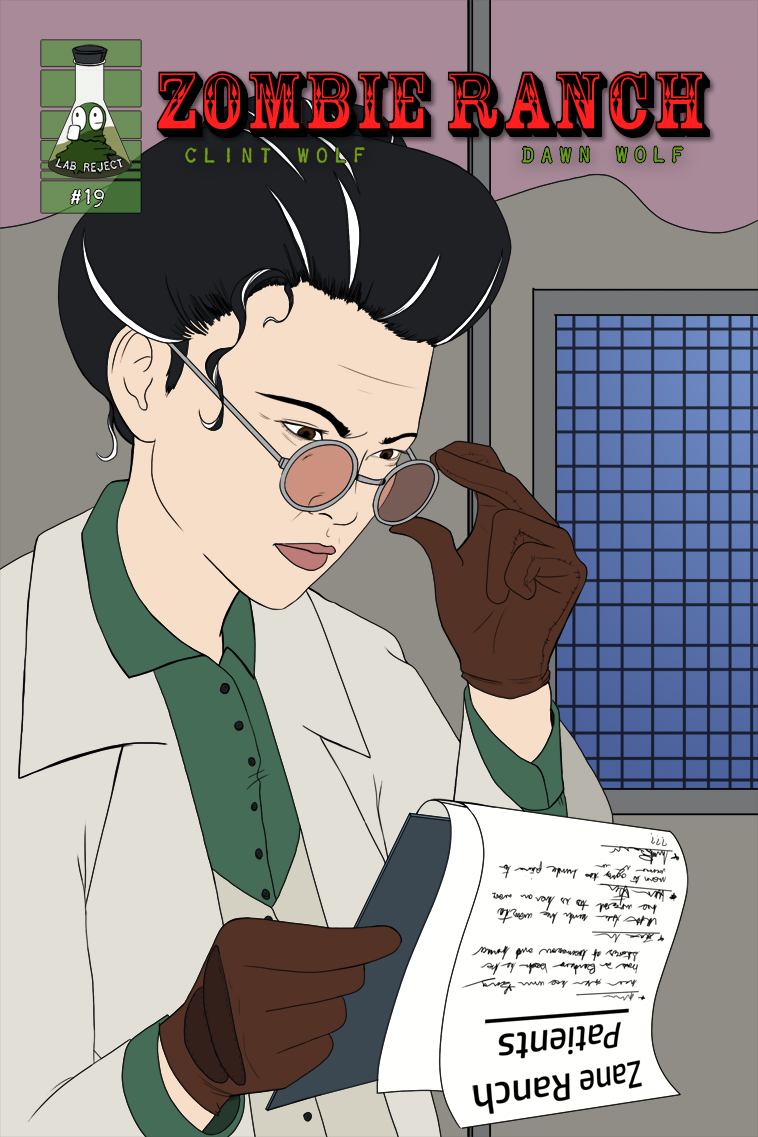
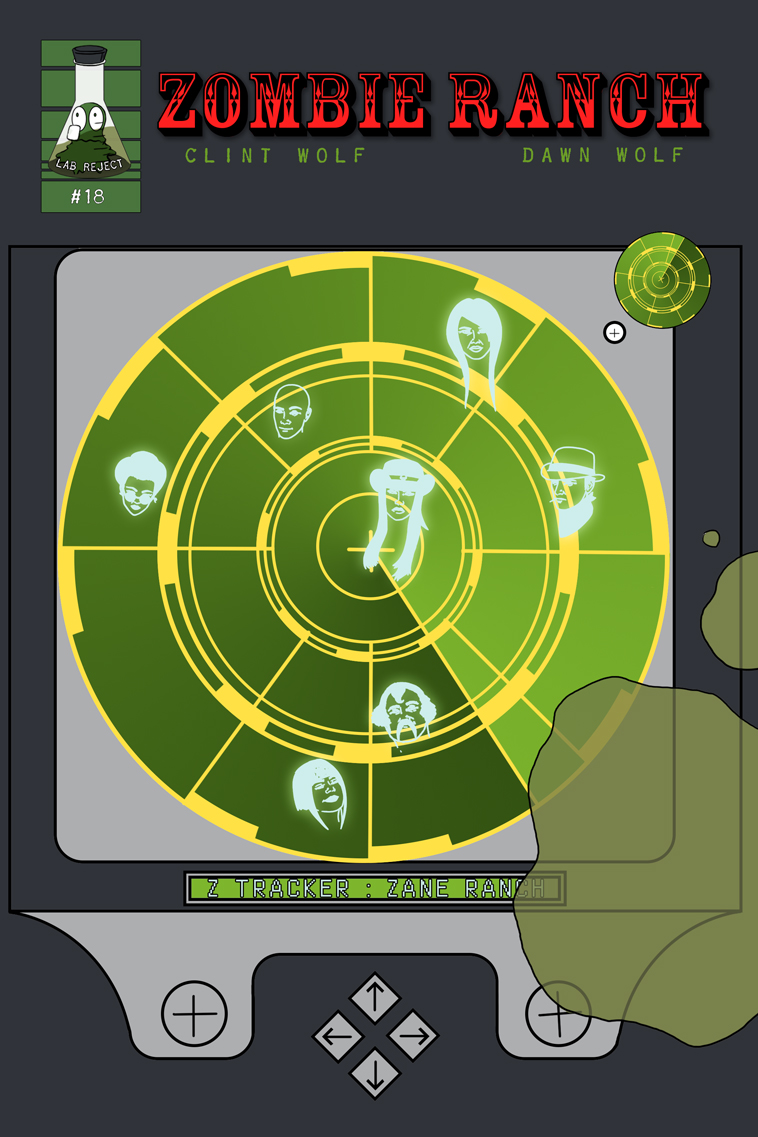
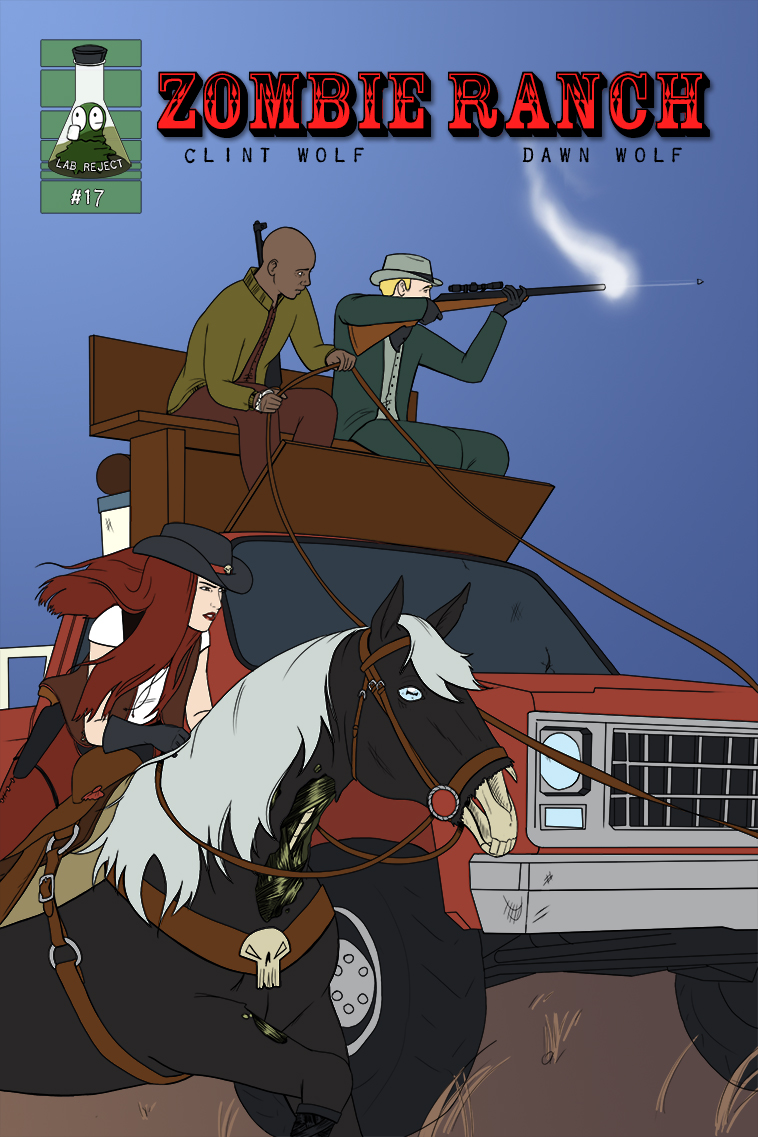
2 thoughts on “543 – Cradles And Graves”
Keith
Oh lordy, they really are a great couple…though, I suggest adopting.
Anonymous
Consequences be damned, because doing nothing might be worse.